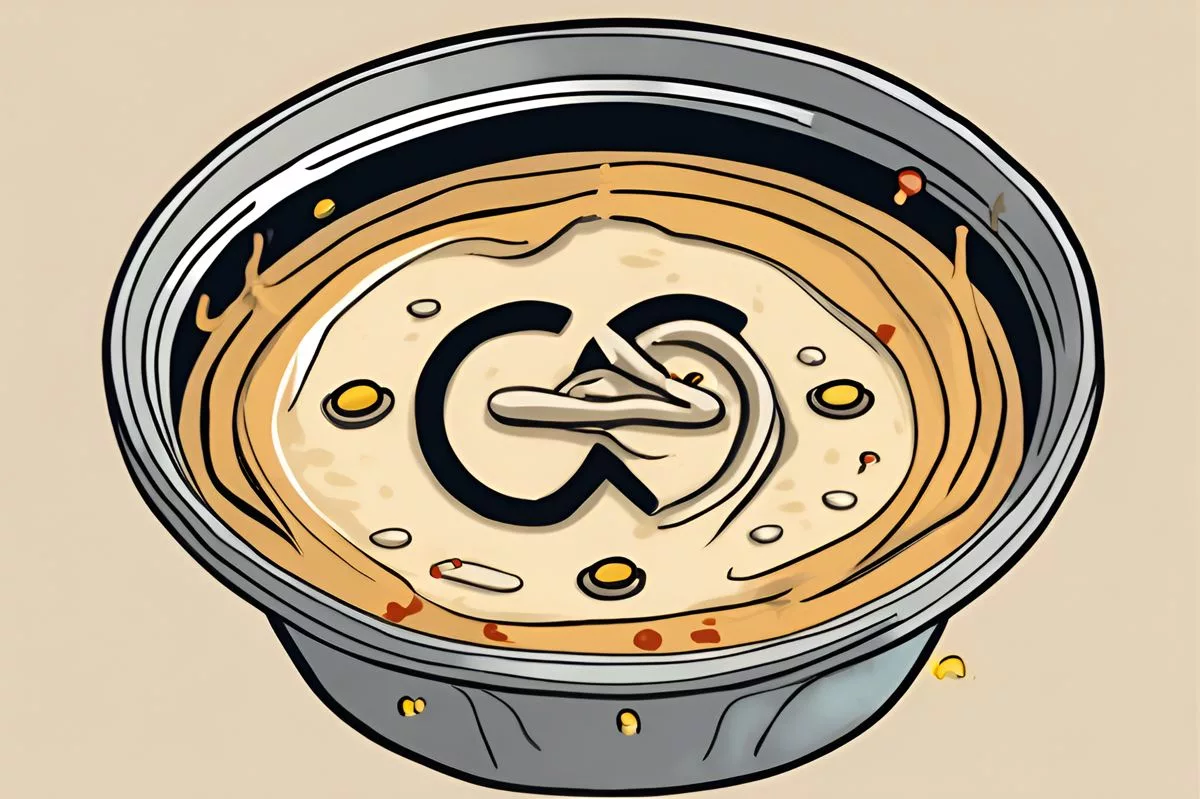The Shoprite Checkers Deli Hummus recall happened because some batches of hummus got contaminated, including flavors like Traditional and Za’atar. This urgent situation reminds everyone how important food safety is, and customers are encouraged to return the affected products for a full refund. The recall highlights the need for careful manufacturing and strict safety checks to protect people from health risks. It also shows how crucial teamwork is between food makers, regulators, and shoppers to keep our food safe. Overall, this event pushes the food industry to keep improving and ensure that what we eat is always safe and tasty.
What led to the Shoprite Checkers Deli Hummus recall?
The Shoprite Checkers Deli Hummus recall was initiated due to contamination found in specific batches, including Traditional, Reduced Fat, and Za’atar Hummus. This recall emphasizes the importance of food safety, encouraging consumers to return affected products for a full refund to prevent health risks.
The Urgency of Ensuring Consumer Safety
In the fast-paced world of consumer goods, the recent recall of Shoprite Checkers Deli Hummus has sparked widespread concern. This incident underscores the vital significance of maintaining rigorous food safety standards, a priority for both consumers and industry professionals. The recall was initiated due to contamination discovered in several hummus batches, drawing attention to the complexities involved in food production and quality control.
In this case, contamination was detected in three specific batches of hummus, packaged in both 300g and 125g tubs. The affected types include Traditional Hummus, Reduced Fat Hummus, Za’atar Hummus, Red Pepper Hummus, and Caramelised Onion Hummus. Produced by BM Foods, a Sea Harvest subsidiary, these products were swiftly removed from store shelves to prevent potential health risks. Such actions emphasize the importance of vigilance in food production and the proactive measures necessary to ensure consumer safety.
Food safety recalls have become increasingly common, reflecting heightened consumer awareness and stricter regulatory scrutiny. Throughout history, incidents involving contaminated food have driven the industry to enhance safety protocols. The Shoprite Checkers recall mirrors past events where swift action was crucial to protect public health, highlighting the enduring need for strong safety measures and compliance with industry standards.
Analyzing the Manufacturing and Safety Processes
The recall raises critical questions about the manufacturing processes involved in food production. Preliminary insights from the National Consumer Commission (NCC) indicate potential flaws in product handling, prompting further investigation. This situation highlights the complex nature of the food supply chain, where various stages of production, packaging, and distribution must work harmoniously to ensure safety and quality.
The dangers of microbial contamination are severe, often leading to symptoms such as nausea, vomiting, diarrhea, and abdominal pain. These health risks underscore the urgency of promptly addressing any breaches in food safety protocols. The NCC has urged consumers to discontinue using the contaminated products and return them for a full refund, reinforcing the retailer’s dedication to consumer health and safety.
From a consumer perspective, the experience of purchasing an affected product can be alarming. Imagine the shock of discovering the recall and the subsequent relief upon learning that a full refund is available. This scenario highlights the importance of clear communication between retailers and consumers, ensuring that safety concerns are addressed with transparency and efficiency.
The Role of Regulatory Bodies and Industry Reflection
Regulatory bodies like the NCC play an indispensable role in safeguarding public health. Through investigations and enforcement of safety standards, they act as critical guardians against potential threats. Their involvement in the Shoprite Checkers recall exemplifies the collaborative efforts required to uphold food safety across the industry. By identifying operational concerns and advising suppliers to halt distribution, the NCC serves as a vital link between manufacturers and consumers.
Beyond addressing immediate concerns, this recall offers the food industry an opportunity for introspection and continuous improvement. Manufacturers must commit to stringent testing and quality control, integrating technological advancements to boost safety and efficiency. In the realm of food production, balancing innovation with tradition is essential to meet modern safety standards and consumer expectations.
Drawing parallels between food production and creative endeavors provides an intriguing perspective on the situation. Much like an artist perfects their craft, food manufacturers must meticulously attend to detail, blending ingredients and processes with precision. Lessons learned from past recalls provide valuable insights, aiding manufacturers in evolving their practices to produce safer, more reliable products.
The Continuous Pursuit of Excellence in Food Safety
In conclusion, the Shoprite Checkers Deli Hummus recall serves as a poignant reminder of the ongoing necessity for vigilance in food safety. This event highlights the intricate dynamics between manufacturers, regulators, and consumers, each playing a crucial role in ensuring the safety and quality of food products. As industries advance and consumer expectations rise, the commitment to safety remains paramount, driving the relentless pursuit of excellence in every facet of food production.
The recall not only prompts immediate action but also catalyzes broader discussions about food safety, urging industry stakeholders to perpetually refine their practices. By fostering a culture of safety and innovation, the food industry can continue to evolve, delivering products that meet the highest standards of quality and consumer satisfaction.
FAQ: Shoprite Checkers Deli Hummus Recall
What caused the Shoprite Checkers Deli Hummus recall?
The recall was initiated due to contamination found in specific batches of hummus, including flavors like Traditional, Reduced Fat, and Za’atar. This situation highlights the importance of food safety and the need for consumers to return affected products for a full refund to prevent health risks.
Which types of hummus were affected by the recall?
The affected products included Traditional Hummus, Reduced Fat Hummus, Za’atar Hummus, Red Pepper Hummus, and Caramelised Onion Hummus. These were packaged in both 300g and 125g tubs produced by BM Foods, a subsidiary of Sea Harvest.
What should consumers do if they purchased the recalled hummus?
Consumers who purchased the affected hummus are encouraged to discontinue use and return the products to the store for a full refund. This measure is crucial to prevent potential health risks associated with the contamination.
What health risks are associated with consuming contaminated hummus?
Microbial contamination can lead to severe health issues, including symptoms such as nausea, vomiting, diarrhea, and abdominal pain. It is important to address any breaches in food safety protocols promptly to protect consumer health.
How does the recall impact food safety regulations?
The recall underscores the importance of rigorous food safety standards and regulatory oversight. Agencies like the National Consumer Commission (NCC) play a vital role in investigating potential flaws in manufacturing processes and ensuring compliance with safety protocols to protect public health.
What can be done to improve food safety in the future?
The incident highlights the need for continuous improvement in manufacturing and safety processes within the food industry. Manufacturers should commit to stringent testing, quality control, and technological advancements to enhance safety and efficiency, while fostering a culture of safety and innovation to meet modern consumer expectations.












